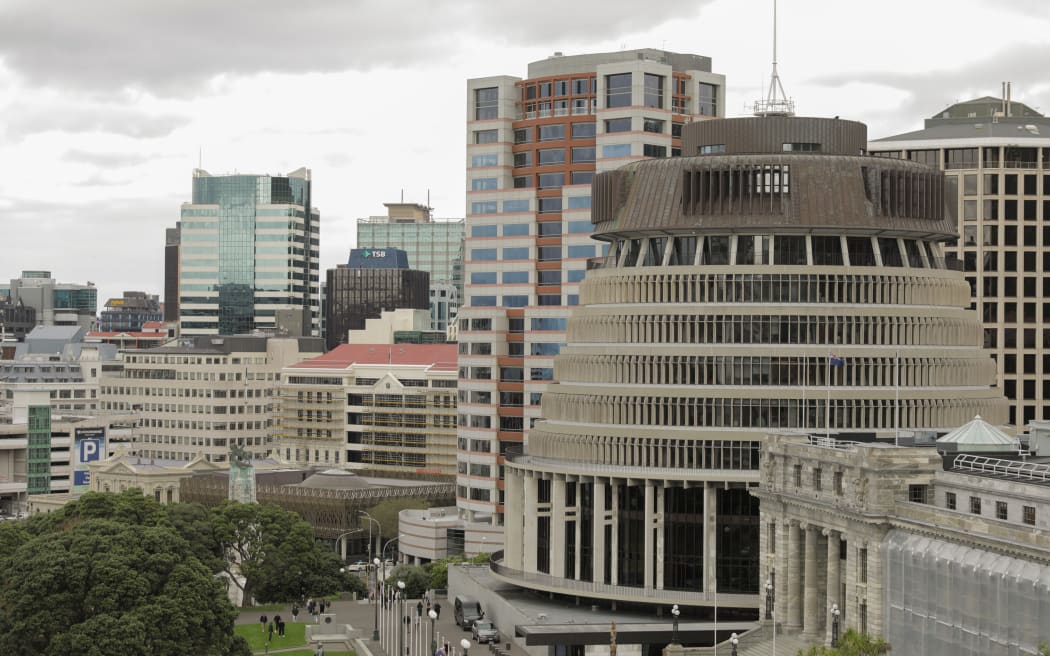
New Zealand's parliamentary term should be extended to four years, a new report says. Photo: RNZ / REECE BAKER
New Zealand's parliamentary term should be extended to four years and the number of MPs in the house increased, a new report says.
The policy think tank The New Zealand Initiative released a study on Wednesday, proposing a reform of the country's electoral system.
Earlier this year, the government confirmed it would introduce legislation that would allow the parliamentary term to be extended to four years - subject to a referendum.
The 100-page report MMP After 30 Years: Time for Electoral Reform? by senior fellow at the group Nick Clark proposed the country's existing three-year term was too short for effective long-term policymaking.
"MMP has delivered fairer and more representative parliaments, but it's time for an upgrade," Clark said.
"By the time a government finds its feet and starts implementing policy, it is already thinking about the next election. A four-year term would give governments time to develop coherent long-term policies."
Another recommendation was increasing the number of MPs in Parliament from 120 to 170, and cutting Cabinet from 20 ministers to 15.
The exisiting number of MPs was small compared with developed economies with similar populations, the report said.
For tackling "technical fixes", Clark suggested overhang seats under MMP be scrapped, referencing the impact of overhang seats in Germany that saw its Bundestag increase beyond its base size to 736 members by 2021.
The report outlined supposed integrity risks under existing voting procedures, arguing "the explosive growth" in special votes had implications for the accuracy of vote counts.
More than 600,000 special votes were cast during the 2023 election.
"This was significantly more than the Electoral Commission had anticipated and there were not enough staff to process the volume of election-day enrolments in the time allowed. With more than 600,000 special votes cast, this added to the pressure to process, verify and count votes," the report said.
Clark said the proposed reforms were not about radical redesign.
"They're about updating a system that has served us well but now needs modernising for 21st century realities. After 30 years, we know what works and what doesn't."
Sign up for Ngā Pitopito Kōrero, a daily newsletter curated by our editors and delivered straight to your inbox every weekday.






